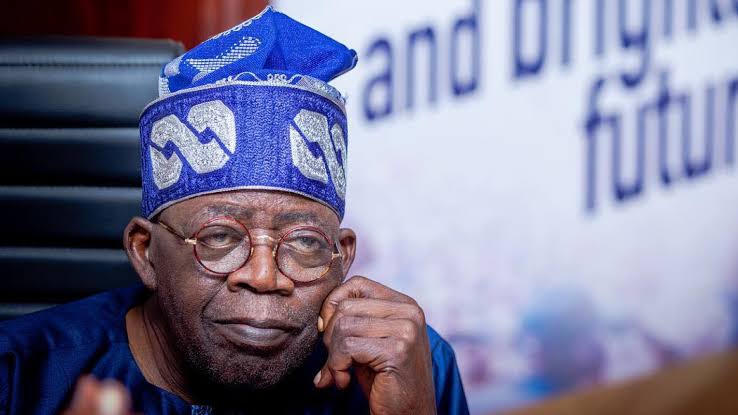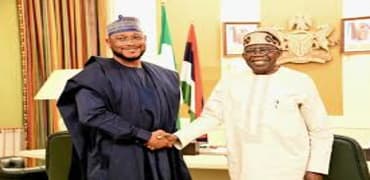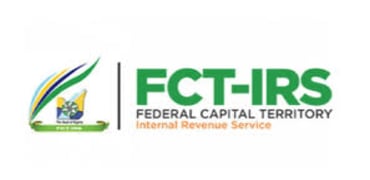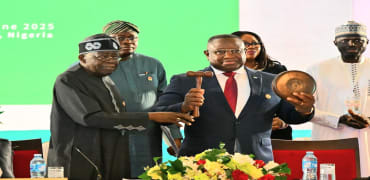Tinubu Tax Reforms: The Debate Over Tinubu's Proposed Bills
" Tinubu Tax Reforms: The Debate Over Tinubu's Proposed Bills"
By Achimi Muktar
The Nigerian political arena is heating up as President Bola Tinubu’s push for rapid tax reform faces growing opposition from lawmakers, political stakeholders, and citizens across the country. The proposed tax bills, presented to the National Assembly in October, aim to overhaul the nation’s fiscal system, but critics argue that the process lacks transparency and adequate consultation.
The controversial bills—Nigeria Tax Bill 2024, Nigeria Tax Administration Bill, Nigeria Revenue Service (Establishment) Bill, and Joint Revenue Board (Establishment) Bill—propose sweeping changes, including consolidating existing tax laws and establishing new bodies like the Tax Appeal Tribunal. The Federal Government insists the reforms will enhance tax administration and boost the economy. However, dissenting voices from the North to the South are raising alarm over potential regional inequalities and economic hardship.
"Why the Rush?" PDP and Labour Party Weigh In
The Peoples Democratic Party (PDP) has called for broader consultations, with Deputy National Publicity Secretary Ibrahim Abdullahi warning of the “great implications” for Nigerians. “If there are no sinister motives behind this, why the haste?” Abdullahi questioned, reflecting widespread unease over the perceived urgency of the bills.
Timothy Osadolor, the PDP Deputy National Youth Leader, also criticized the accelerated timeline, emphasizing the need for inclusivity. Similarly, Labour Party’s 2023 presidential candidate, Peter Obi, echoed these sentiments. “Tax reform is essential, but it must be subject to robust public debate,” Obi stated, urging the government to prioritize transparency and public trust.
Regional Resistance: North vs. South
The proposed reforms have ignited regional tensions. Northern lawmakers argue the bills disproportionately favor revenue-rich states like Lagos and Rivers, leaving the North economically vulnerable. “Years of insurgency have ravaged our economy,” a Northern lawmaker lamented anonymously, calling for a more measured approach.
Kano State’s House of Assembly outright rejected the bills, describing them as a “calculated plan to sabotage the economy” of the North. In contrast, Southern lawmakers have been more open to negotiation, with some advocating for public hearings to address contentious clauses.
Presidency Defends the Reforms
The Presidency has staunchly defended the tax bills, dismissing allegations that they would impoverish the North or scrap key agencies like TETFUND and NASENI. Special Adviser to the President on Information, Bayo Onanuga, criticized the opposition as “uninformed” and insisted the reforms are necessary for national prosperity.
“Misleading arguments must not derail this critical reform,” Onanuga said, emphasizing the need for a unified tax system to correct anomalies and spur economic growth.
What’s Next?
As opposition gains momentum, the bills have passed a second reading in the Senate, with public hearings promised. But with tensions running high, stakeholders across the board agree on one thing: the need for broader engagement and careful consideration.
“The tax bills are too important to rush,” said Taiwo Oyedele, Chairman of the Presidential Fiscal Policy and Tax Reforms Committee. “This is not about generating more revenue; it’s about fixing the economy for shared prosperity.”
The road ahead remains uncertain, but one thing is clear: Nigeria’s tax reform debate has only just begun. Will Tinubu’s administration find a middle ground, or will mounting resistance derail the bills entirely? Only time will tell.


















